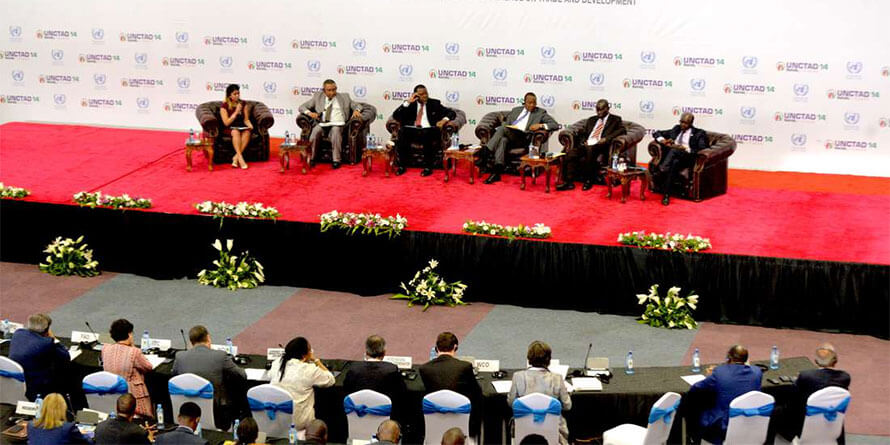Kenyan traders can now access the continent’s investment regulatory data on one platform following the launch of an e-portal aimed enhancing ease of doing business. The tool, tradebarriers.africa, has been developed by United Nations Conference on Trade and Development (UNCTAD) and the African Union, and also seeks to make trade less costly for local investors. The platform became operational on January 13. UNCTAD and African Union (AU) said Kenyan traders and businesses moving goods across the continent will be able to report the challenges they encounter, such as quotas, excessive import documents or unjustified packaging requirements. UNCTAD and the AU trained 60 public officials and business representatives from across Africa on how to use the tool in December 2019 in Nairobi. “Non-tariff barriers are the main obstacles to trade between African countries,” said Ms Pamela Coke-Hamilton, director of UNCTAD’s trade division. “That’s why the success of the African Continental Free Trade Area (AfCFTA) depends in part on how well governments can track and remove them,” she said, referring to the agreement signed by African governments to create a single, continentwide market for goods and services. Complaints logged on the platform will be monitored by government officials in each nation and a special coordination unit that’s housed in the AfCFTA secretariat. The unit will be responsible for verifying a complaint. Once verified, officials in the countries concerned will be tasked with addressing the issue within set timelines prescribed by the AfCFTA agreement. Kenya’s manufacturing sector is betting big on the Africa-wide...
Monitoring platform goes live in push to break Africa trade barriers
Posted on: January 28, 2020
Posted on: January 28, 2020

















